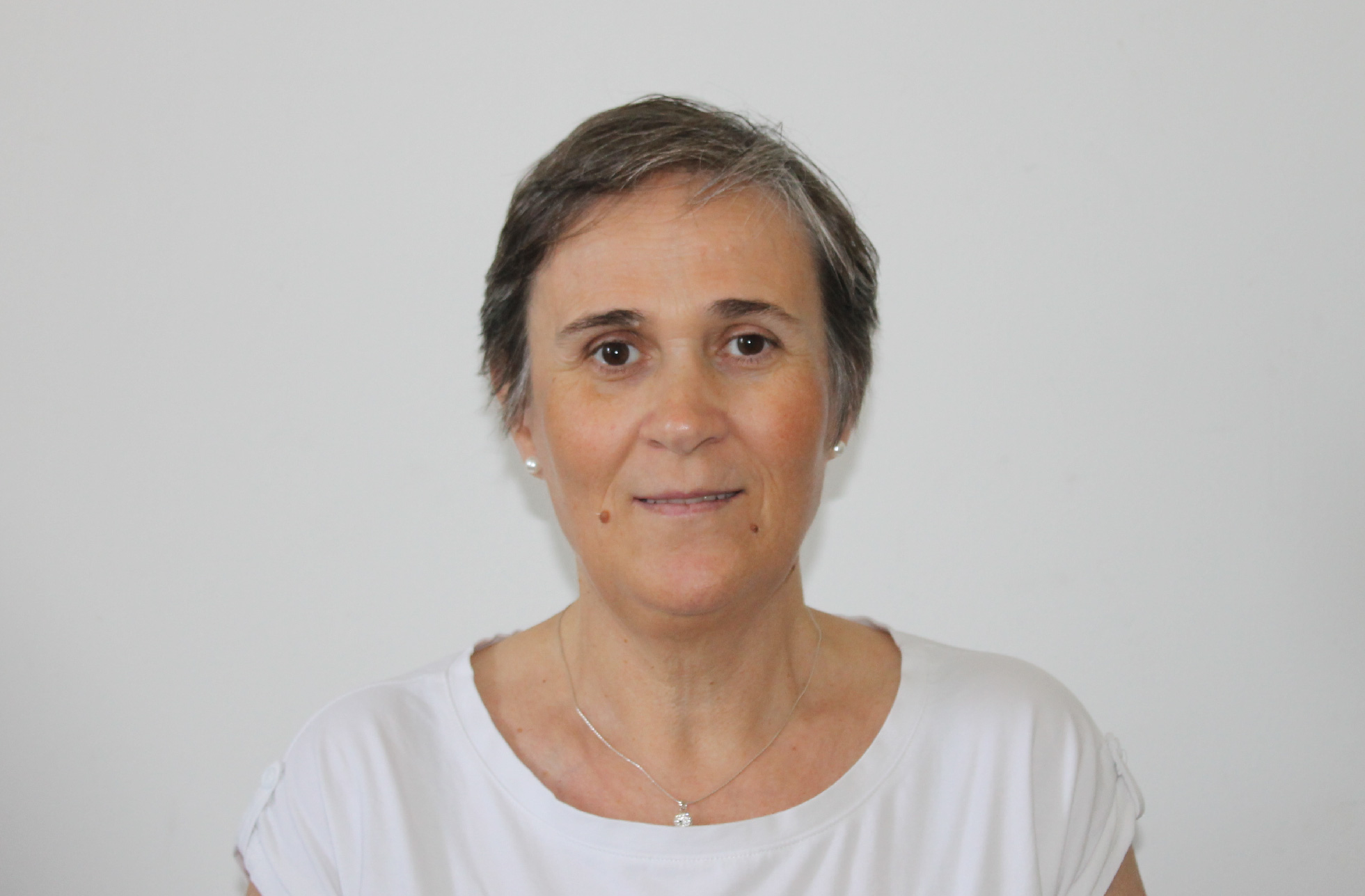
- +351 213 652 600
- +351 213 632 105
- Send Mail
- Download CV
- Orcid
- NOVA Research
Manuela Calado
GHTM Group: VBD PhD members, Vector-borne diseases
Her main research activities in recent years have focused on the study of freshwater snails, intermediate hosts of trematodes diseases, in particular on molecular characterization, genetic variability and geographical distribution in Portugal and other geographical areas, as well, the influence of climate and environmental change on the snail’s populations distribution.
The development of molecular tools applied to the molecular epidemiology of helminth infections transmitted by molluscs (schistosomiasis, fasciolosis) and vector transmission (lymphatic filariasis and heartworm disease, including Wolbachia,) has also been the object of study.
- Bravo-Barriga D, Parreira R, Almeida APG, Calado M, Blanco-Ciudad J, Serrano-Aguilera FJ, Pérez-Martín JE, Sánchez-Peinado J, Pinto J, Reina D, Frontera E .(2016). Culex pipiens as a potential vector for transmission of Dirofilaria immitis and other unclassified Filarioidea in Southwest Spain ,Veterinary Parasitology, 223: 173-180
- De Pinho Mixão V, Mendes AM, Maurício IL, Calado MM, Novo MT, Belo S, Almeida APG. (2016.). Molecular detection of Wolbachia pipientis in natural populations of mosquito vectors of Dirofilaria immitis from continental Portugal: first detection in Culex theileri Medical and Veterinary Entomology, 30: 301-309
- Ferreira C, Mixão V, Novo T, Calado M, Gonçalves L, Belo S, Almeida AP (2015). First molecular identification of mosquito vectors of Dirofilaria immitis in continental Portugal. Parasites & Vectors, 8:139 DOI: 10.1186/s13071-015-0760-2
- Landum, M., Ferreira, C., Calado, M., Alho, A.M., Mauricio, I., Meireles, J.S., Madeira de Carvalho, L., Cunha, C. & Belo, S., (2014). Detection of Wolbachia in Dirofilaria infected dogs in Portugal. Veterinary Parasitology, http://dx.doi.org/10.1016/j.vetpar.2014.05.027
- Beato, S., Parreira, R., Calado, M., & Gracio, M.A.A(2010). Apparent dominance of the G1-G3 cluster of Echinococcus garnulosus strains in the central inland region of Portugal. Parasitology International, 59: 638-642